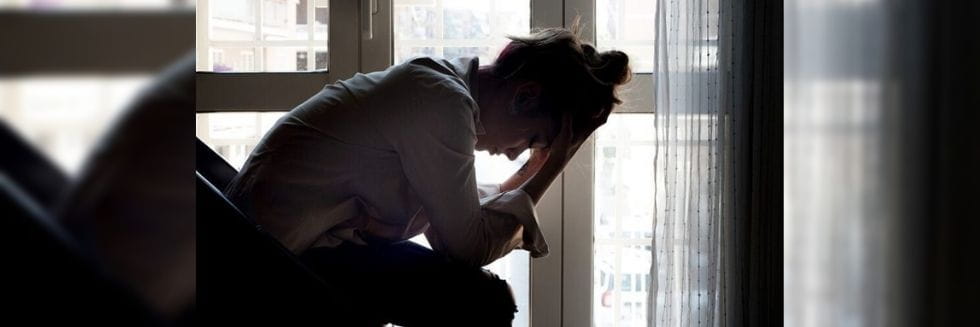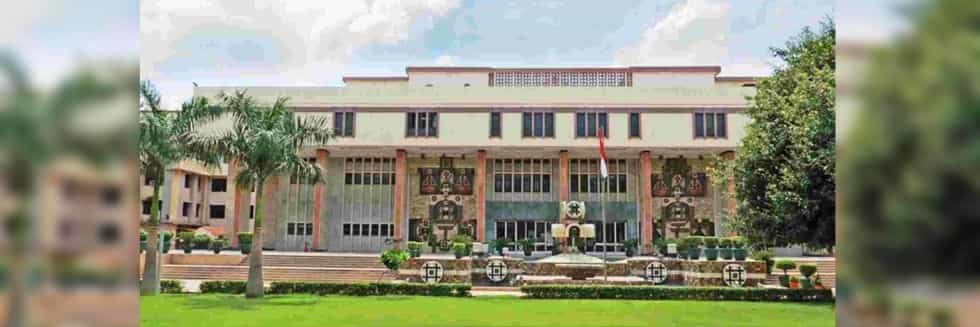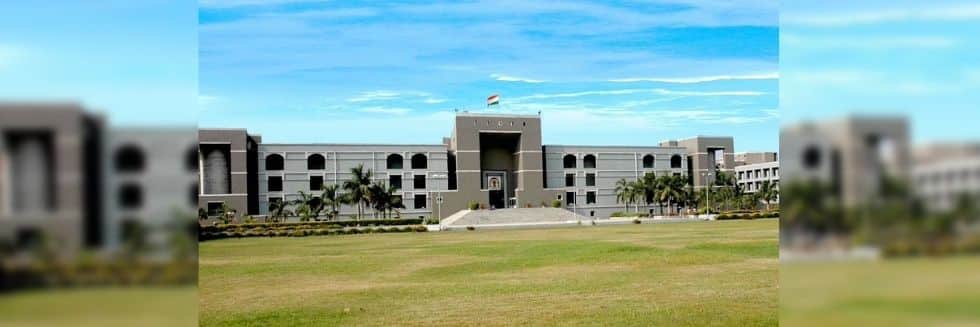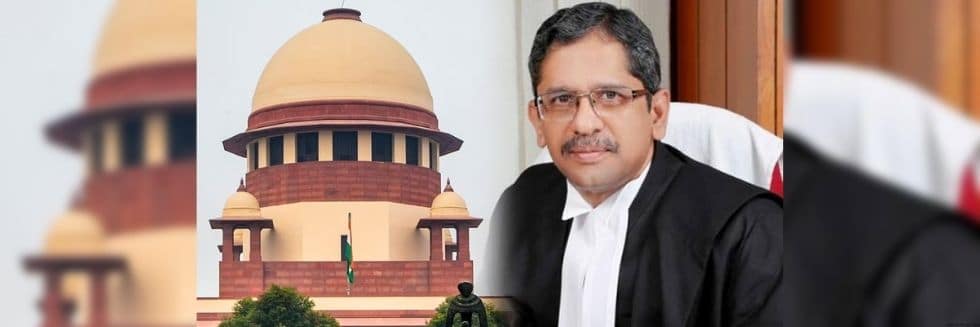Delhi High Court recently noted that the failure on the part of the woman to disclose her mental disorder before her marriage constituted a fraud perpetrated upon the man. The court has annulled a 16-year-old marriage.
The observations were made by the bench of Justice Vipin Sanghi and Justice Jasmeet Singh. The bench noted that the life of the man has been ruined and he is stuck in this relationship for the last 16 years without any resolution. The court had also granted Rs 10,000 token amount to him.
The court annulled the marriage on the ground mentioned under Section 12(1)(b) of the Hindu Marriage Act.
“In the most important years of his life, when the appellant [man] would have, otherwise, enjoyed marital and conjugal bliss and satisfaction, he has had to suffer due to the obstinacy displayed by not only the respondent [woman], but even her father, who appears to have been calling the shots in relation to the matrimonial dispute,” the bench said.
The High Court bench added, “Marriage is not made of only happy memories and good times, and two people in a marriage have to face challenges and weather the storm together. It is not easy to live with a partner who has mental health issues, and such ailments come with their own challenges for the person facing the problem, and even more so for the spouse.”
The bench went on to add, “The fact that the parties could not live together beyond nine weeks itself shows that the mental disorder suffered by the respondent is of a kind, and to such an extent as to be unfit for marriage and the procreation of children.”
The petitioner-husband had moved Delhi High Court challenging Family Court order wherein his plea to annul the marriage was rejected. In the Family Court, he had filed a petition under Section 12 of the Hindu Marriage Act.
The couple got married on December 10, 2005. The petitioner had alleged that the marriage was a calculated fraud that was perpetrated by the woman and her family members as they chose not to disclose a vital and crucial fact regarding her mental ailment.
In the petition, the husband alleged that the woman was suffering from acute schizophrenia before the marriage. He also mentioned that she behaved in an unusual manner at the matrimonial home and during the honeymoon too.
The petitioner had also stated that he consulted several specialists and found out that the prescribed medications are relevant to schizophrenia. He submitted that the wife was living with her family since February 17, 2006, just nine weeks after the marriage. The petitioner also said that the marriage was never consummated.
However, the woman denied all the claims and refused to undergo any medical examination by a board of experts to establish her mental well-being.
The High Court bench further stated,
“The Courts, to be able to decide such issues, need expert opinion from credible persons in the field. The parties are also entitled to grant of opportunity to either support, or challenge the opinion that the experts may give after examination of the person concerned, and all other relevant materials. However, what weighs with us, at the outset, is the denial of the respondent to subject herself to evaluation of her condition by an independent Medical Board to be appointed by the Court.
Why else, such a spouse–who claims to be not suffering from any mental ailment who has preferred a petition to seek restitution of conjugal rights, and expresses her desire to live with the appellant husband, not undergo such medical examination?
The Respondent has scuttled the effort of the court to arrive at a definite finding of truth. The only way of conclusively determining the mental health of the Respondent is by subjecting the Respondent to an examination by an expert Medical Board. The appellant has significantly discharged the onus by leading cogent evidence, and raises a preponderance of probability, that the Respondent is suffering from Schizophrenia.”






